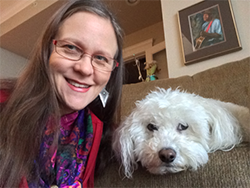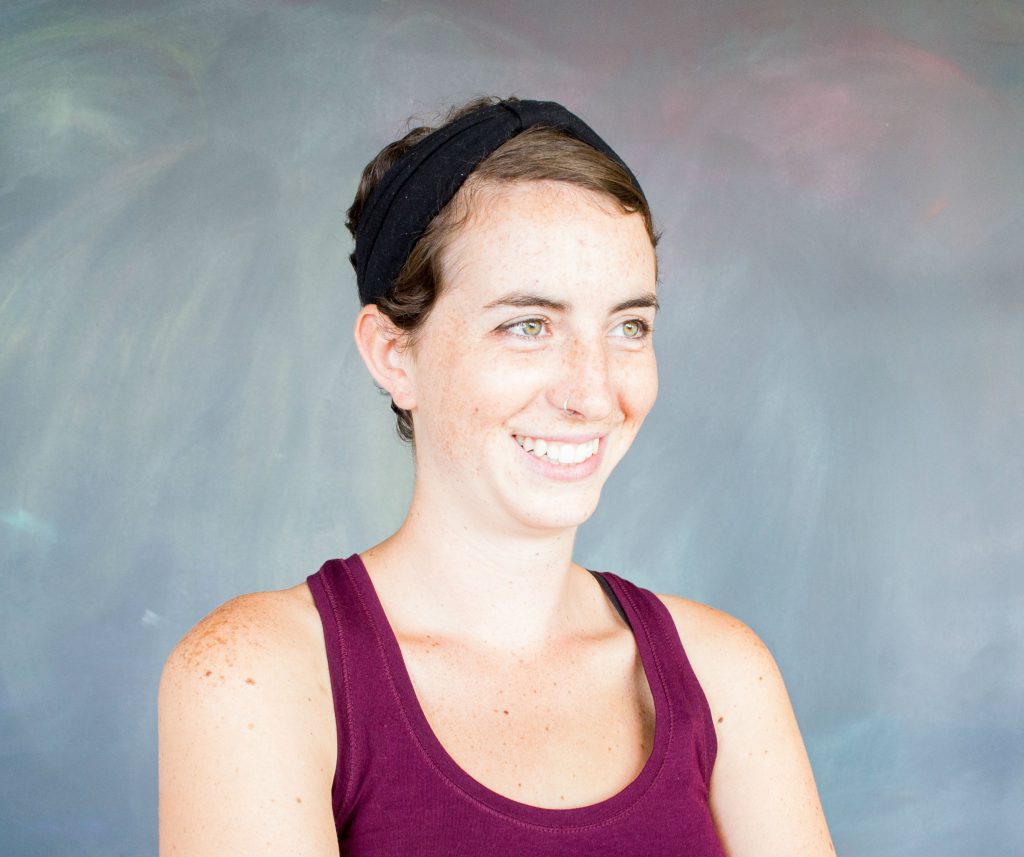Talking to Paper
By Ellery Littleton
“Talking to paper is talking to the divine. It is talking to a listener that will understand even the most difficult things. Paper is infinitely patient.” Burghild Nina Holzer – author of Between Heaven & Earth – a personal journey of writing and the creative process.
Of course, Ms. Holzer is absolutely correct; the paper on which you inscribe your words is infinitely patient. It is also a safe haven which will accommodate your every mood, every thought, every emotion. It will not strike back at you; rather, it will give your imagination and feelings the space they need to breath and wander.
My experience in The Spirit Journal writing program (which will be offered at The Haven in June 2012) is that the stories people write not only come from the heart, but are the heart of their life stories. And this is because the journal is such a safe place to explore this intimate and important information.
Through the subtle but powerful intensive journal-writing process, you will find your own unique and true words. The process makes it possible for you to free your imagination and memory to express the full range of your feelings, insights and questions.
The writing provides a connection to your most essential self and becomes the “container” of your truest feelings, which you can then begin to experience and integrate more consciously. Once you have learned the process, it becomes easier to make regular journal-writing a part of your life. You will find that it can give you a kind of peripheral vision, a new way to see your life and the path you are on.
Authentic spiritual growth requires a lot of deep personal work, pursued diligently over time. This process of individuation, as Jung called it – growing and evolving into your “true” fully-realized personality – is cumulative. As spiritual growth evolves in your life it brings about a new quality of being, a greater sensitivity to the interior life, increased awareness and intuition. Intensive journal-writing offers a uniquely effective tool to employ in the pursuit of this profound life work.
Three Things to Practice to Enhance Intensive Journal-Writing:
Breathing, Stillness, and Listening
A meditative practice of three dynamically interrelated activities – Breathing, Stillness and Listening – will help establish a space within you that will allow your writing to take place naturally, without forcing or striving.
A conscious awareness of breathing in the creative process will give your writing the power to go directly to the heart. As in so many human activities, the energy is created and sustained by breathing – and this is as true about journal-writing as it is about singing or long-distance running.
Stillness is where you meet with the essence of things. A natural result of noticing the flow of your breath is developing more inward and outward stillness. In stillness you can begin to let go of external voices, stereotypes and clichés that crowd out original, personal and internal feeling voices. These discordant voices fade away in stillness. Stillness allows you to place yourself in a much larger field of awareness.
Listening in this context means opening to a receptive space within yourself during your private meditative times, and tuning in to the subtle internal voice of your inner poet, your inner observer, your truth-telling shamanic self, your intuition. This means allowing your busy habitual internal chatter to fall silent and opening a channel, metaphorically speaking, in order to listen to the quiet voice which will tell you what you are really thinking and feeling, and what you need to learn during this period of your life.
Intimate personal writing is related in some essential way to spirituality. When you write this way, it is possible not only to heal the wounds of the heart, but also to liberate your imagination. Writing and sharing your intimate thoughts and feelings creates a bridge to a part of yourself that is sacred.
Giving voice to those aspects of yourself which often remain hidden – the sensitive, beautiful, vulnerable and courageous, as well as the dark, the shadow, the rage, the anguish – is one of the benefits of deep personal journal-writing. It takes great courage to reveal them to others – or even to yourself. But the benefits are potentially immense, because in the seeing comes the moving; and in the revealing comes the healing.
“Among all the valuable things of this world, words are the most precious. For in words one can find a light that gems and jewels do not possess; words may contain such life that they can heal the wounds of the heart,” wrote the Sufi teacher, musician and poet Hazrat Inayat Khan.
Through the process of communing with “the person within the person,” as Ira Progoff, creator of the intensive journal-writing process called it, you will forge a unique working/counseling relationship with that part of yourself that represents the best teacher, companion and spiritual advisor you will ever have.
Getting Started – What Will I Write About?
Just getting started writing in your journal can be a recurring challenge – as it is for many people. If you feel like you want to write, but don’t have a topic in mind, you may find yourself asking “what will I write about? Where shall I begin? Is there really any point in this exercise? Is there something more important I should be doing?”
The late, great poet William Stafford wrote about his own writing practice, about “letting things come” in poetry and the importance of “just plain receptivity.” His observations apply equally to the process of deep personal journal-writing, how and where to begin to write about yourself when sitting down with your pen in hand, or your computer humming in quiet expectation.
“When I write, I like to have an interval before me when I am not likely to be interrupted,” Stafford wrote. “For me, this means usually the early morning, before others are awake. I get pen and paper, take a glance out of the window and wait. It is like fishing. But I do not wait very long, for there is always a nibble – and this is where receptivity comes in. To get started I will accept anything that comes to me. Something always occurs, of course, to any of us. We can’t keep from thinking. Maybe I have to settle for an immediate impression: it’s cold, or hot or dark or bright, or in between! Or … well the possibilities are endless. If I put down something, that thing will help the next thing to come, and I’m off. If I let the process go on, things will occur to me that were not at all in my mind when I started. And if I let them string out, surprising things will happen.”





